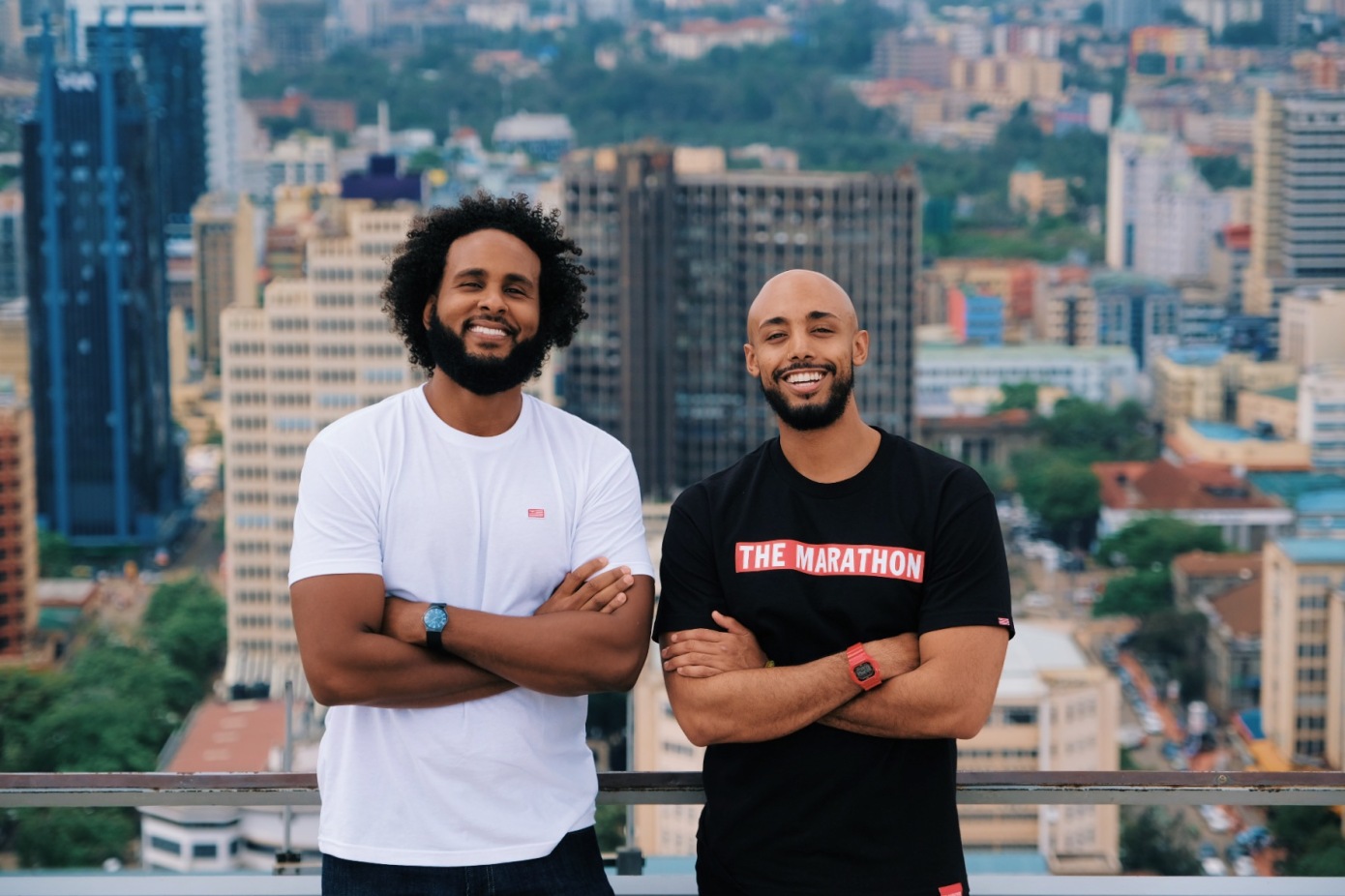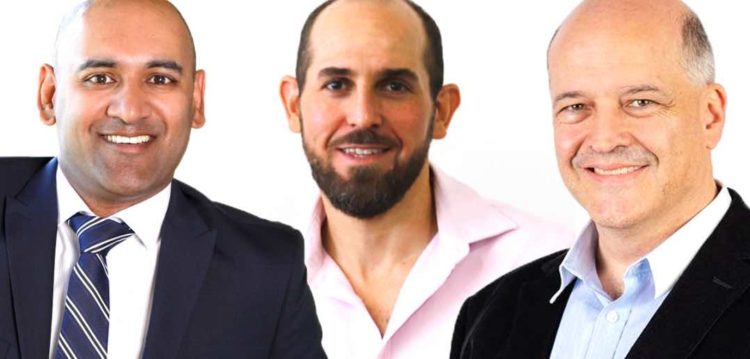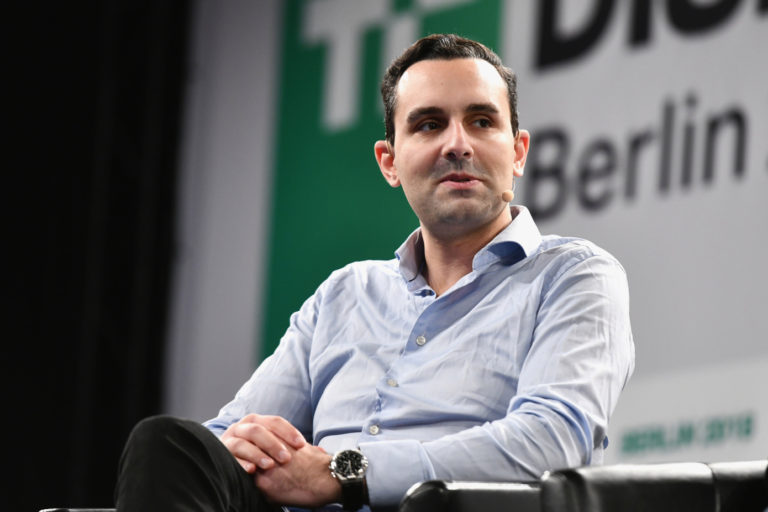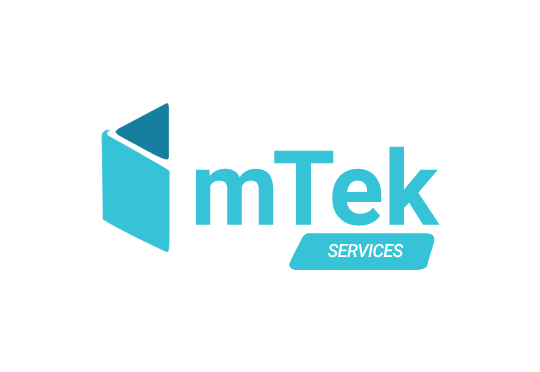Kenya’s Pariti raises $2.85 million in funding led by Harlem Capital to develop startup ecosystems in emerging markets

Pariti, a Kenya-based community-led marketplace that is building digital infrastructure for startup ecosystems in emerging markets, has raised $2.85 million in seed funding, the company confirmed today to TechCrunch.
Harlem Capital, based in the United States, led the round. It is the first deal in Africa for the diversity-focused fund, which raised $134 million for its second fund earlier this year. Better Ventures, Accelerated Ventures, Diverse Angels, AVG Basecamp, and New General Market Partners were among the other investors.
Pariti, a Kenya-based community-led marketplace that is building digital infrastructure for startup ecosystems in emerging markets, has raised $2.85 million in seed funding, the company confirmed today to TechCrunch.
Harlem Capital, based in the United States, led the round. It is the first deal in Africa for the diversity-focused fund, which raised $134 million for its second fund earlier this year. Better Ventures, Accelerated Ventures, Diverse Angels, AVG Basecamp, and New General Market Partners were among the other investors.
“We’re thrilled to be working with Harlem Capital,” said co-founder and CEO Yacob Berhane of Harlem’s involvement. “Their focus on data, process, and supporting underserved ecosystems aligns perfectly with our mission, making them an incredible partner with whom we can build.”
When TechCrunch first reported on Pariti in March, the company, which connects founders in emerging markets with resources, talent, and capital, was still in the process of determining product-market fit.
Yacob Berhane and Wossen Ayele founded Pariti in 2019. This year, CEO Berhane stated that the company has grown 795 percent and attributed this growth to the pandemic and how the African tech ecosystem has reached an inflection point, producing a half-dozen unicorns.
“The pandemic was a Black Swan event because it caused a significant increase in activity on our platform.” Remote staffing and investing have accelerated dramatically. “This was a bet we made a while ago, but we obviously underestimated what was going to happen,” Berhane told TechCrunch.
“And, after nearly ten years of waiting for Africa’s first unicorn, we had six announced in about six months.” This resulted in a significant increase in interest from both domestic and international investors in African startups.
Pariti now has over 880 companies on its platform from 42 countries, up from 500 earlier this year. However, Berhane does not provide any additional figures to reflect the progress made by the 100 freelance experts and 60 investors reported by TechCrunch in March.
According to BCG data, Africa appears to be on the verge of a startup revolution, with the ecosystem “growing at a 46 percent annual rate, six times faster than the global average.”
However, with some founders needing assistance more than ever before in an inefficient ecosystem riddled with trust issues, platforms like Pariti will become critical for founders and investors to negotiate on neutral ground.
Pariti’s main product is the Recommendation Engine, which allows founders to submit their businesses for review and feedback from the platform’s experts. The engine then recommends personalized next steps for the founders to take in areas where the company requires assistance.
The Kenya-based marketplace also assists talent in monetizing their skills, as well as VCs and angels in finding, vetting, and closing deals.
Berhane mentions that Pariti’s pitch assessment and recommendation engine has some predictability features, which allow the platform to forecast how companies will perform in terms of fundraising.
“So we looked at the companies that were able to raise money after submitting the Pariti pitch review, and companies that score over 70 on a Pariti score have a 50% chance of connecting successfully with investors,” the CEO explained. “However, companies with a score of 78 or higher have an 8x chance of raising capital, which is quite dramatic.”
According to a few founders who used the platform and spoke to TechCrunch anonymously, Pariti also assisted them in getting into global accelerators such as Y Combinator and Techstars.
Berhane confirmed that five companies were accepted into Y Combinator as a result of their use of Pariti. One of the startups is Kenyan neobank Fingo, which was featured in a previous article and received a $250,000 pre-seed round in March.
“Nobody needs to be a gatekeeper if Pariti builds this community of founders, investors, and freelancers with the right mindset to elevate this ecosystem.” You’re instilling a sense of ‘we’ll get further together.’ “It’s bigger than any of us,” Berhane said, emphasizing the importance of Pariti’s democratization of access to global investors and accelerators.
Coaching and mentorship services have also increased significantly on the platform, appearing in various forms such as VC fellows to founder, founder to founder, expert to founder, and investor to founder, according to the company. Companies have raised more than $20 million in debt and equity this year thanks to access to this support and investors.
Pariti’s seed funding will enable it to develop SaaS workflows to aggregate multiple forms of capital raising, ranging from traditional equity and debt to DeFi solutions.
In addition, the company intends to improve its talent marketplace, develop a customized solution for investors looking to invest in and support founders, hire talent, build larger communities, and expand into new markets.







